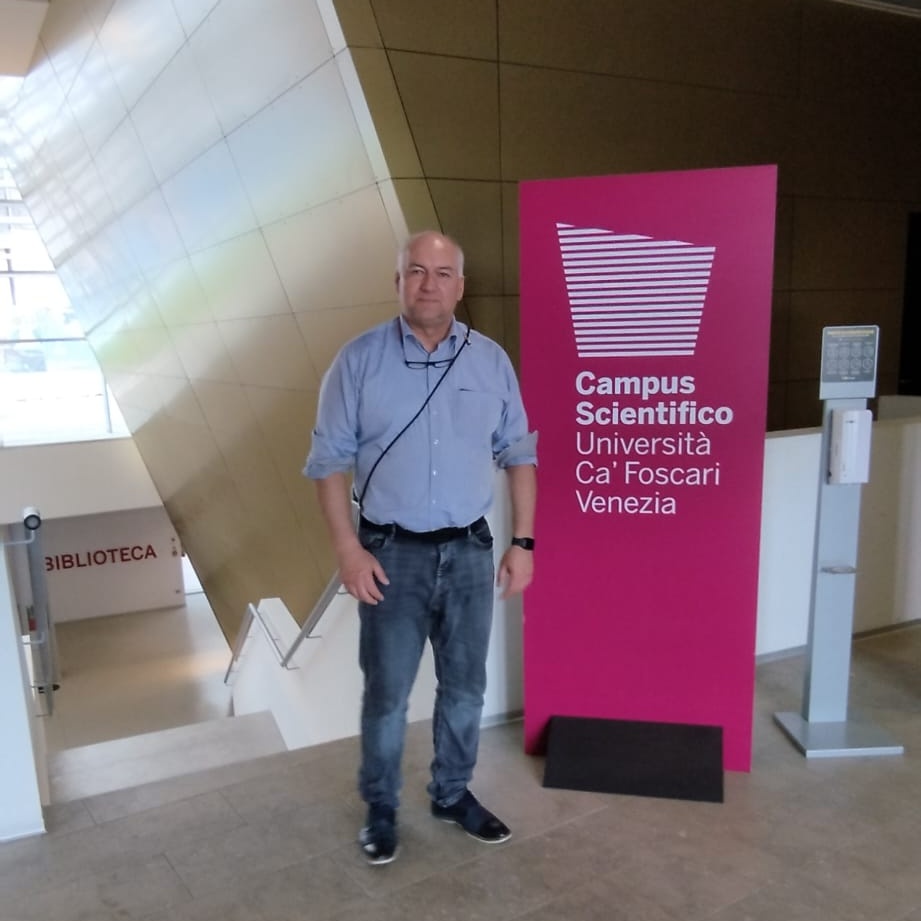Quantum Key Distribution specialist shared his expertise at Ca’ Foscari University of Venice
An introduction to the principles of cryptography, as well as the possibilities to counter upcoming threats in this area, was brought by a seminar of Miroslav Voznak from the Faculty of Electrical Engineering and Computer Science of VSB-TUO which took place on 24 May at Ca’ Foscari University of Venice. The requested seminar was part of the Colloquium on Technical Physics.
According to cryptography experts, it is evident that conventional encryption algorithms currently in use will be compromised by high-performance quantum computers. It is only a matter of time and progress in the development of quantum processors whether this will happen within ten or twenty years.
“If you ask me how to address the impending threats to cryptography in use today, we fortunately have an answer. There are two viable solutions: Post-Quantum Cryptography (PQC) and Quantum Key Distribution (QKD) ),” explained Professor Voznak.

The process of standardising PQC was initiated in 2016 by the National Institute of Standards and Technology (NIST) in the USA, where the outcomes achieved can also be tracked. The cryptography expert community was called upon to develop new algorithms that could withstand attacks from quantum computers. In addition to traditional mathematical methods, the concept of Quantum Key Distribution (QKD) utilises the principles of quantum physics to establish a secure shared key and ensure it has not been intercepted. This key is then used for encryption and decryption, guaranteeing a high level of communication security.
“At the seminar, I covered the basics of cryptography, introduced the Open Quantum Safe project implementing PQC, and dedicated the main part to Quantum Key Distribution,” added Voznak, who also shared insights from his involvement in the recently completed H2020 OpenQKD and NATO Quantum5 projects.